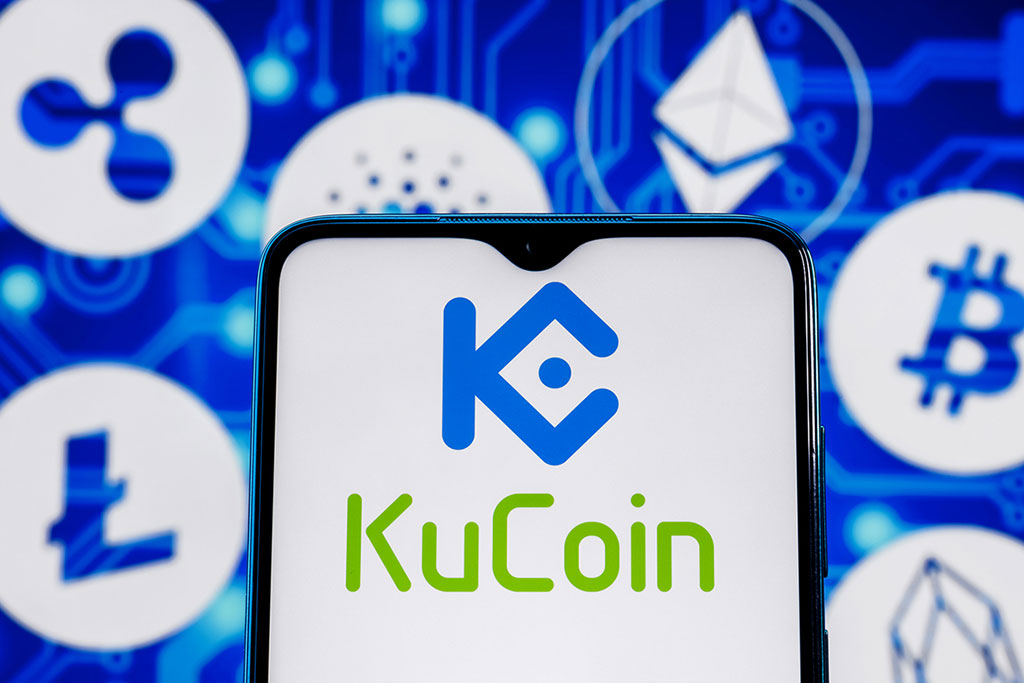Coinspeaker
KuCoin Halts P2P Trading and Fast Buy Services in Nigeria
With the Nigerian government tightening regulations on crypto exchanges to stabilize the depreciating value of the local currency, the naira, KuCoin, one of the industry’s prominent crypto exchanges, is discontinuing its Peer-to-Peer (P2P) services in the country.
In an email notice sent to users on Wednesday, the company announced the temporary removal of the P2P feature for Nigerian traders. Additionally, KuCoin has suspended its Fast Buy services, which previously allowed users to purchase digital assets on the platform using Naira cards.
Starting May 15, 2024, these two services will no longer be accessible to users in Nigeria. However, open orders and those under appeal will remain unaffected by the closure.
KuCoin Halts Services in Nigeria or Business Enhancement
KuCoin cited ongoing efforts to revamp its business offerings as the reason for halting services in Nigeria. “We are writing to inform you that as part of our ongoing efforts to enhance our services, KuCoin will temporarily suspend all P2P Nigerian Naira (NGN) services and Fast Buy service via Naira cards, effective from May 15, 2024, at 08:00 (UTC),” the company stated in an emailed notice.
According to a press release cited by a local news outlet, the company stated that the suspension would enable it to “prioritize compliance efforts and establish a stronger, more secure environment for all users” in Nigeria.
Despite asserting that the decision to suspend both P2P and Fast Buy services was unrelated to government pressure, KuCoin did not provide a timeline for when operations would resume. The company only assured users that they would be notified when the services were restored.
Not the First
The move has made KuCoin the third crypto exchange to suspend P2P services in Nigeria due to ongoing regulatory conflicts in the country.
Earlier this year, Binance and OKX removed naira support from their platforms, delisting the P2P feature that enabled Nigerians to buy and sell various cryptocurrencies, including Bitcoin (BTC) and the USDT stablecoin, in exchange for naira without third-party control.
As for Binance, the company stated it decided to suspend the feature due to noticeable currency fluctuations, which could indicate potential system abuse. However, many speculated that the Nigerian government influenced the company’s decision, suspecting Binance’s involvement in the devaluation of the naira.
Some argued that Binance contributed to the sharp decline in the naira’s value since the new administration began operating in 2023. They claimed that Binance users were manipulating the naira price through its P2P feature





